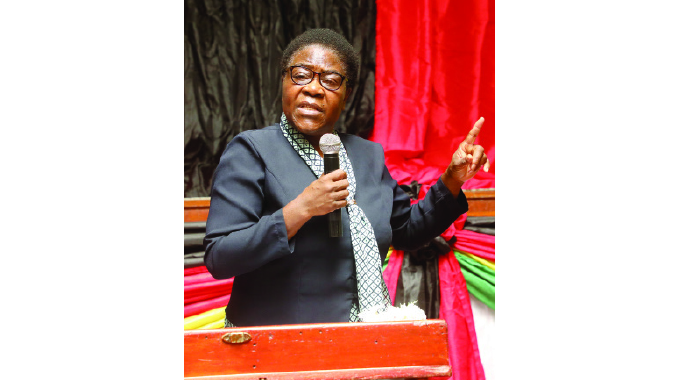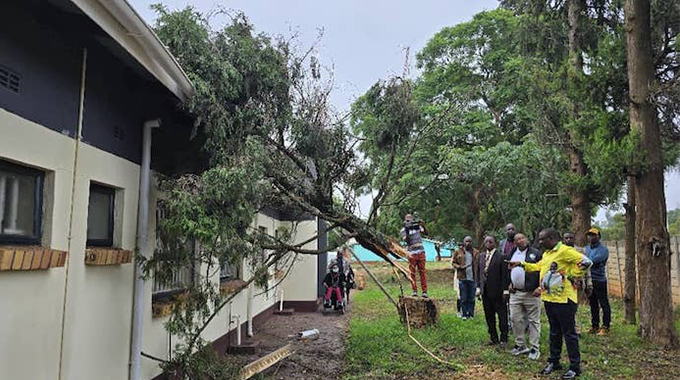Male sex workers on the increase in Kwekwe District

Michael Magoronga, Midlands Correspondent
THE National Aids Council (NAC) has noted an increase in the number of male sex workers in Kwekwe District amid concerns that a majority of them are not coming out in the open resulting in them failing to access health services.
Speaking during a stakeholder meeting in Kwekwe recently, NAC co-ordinator for Kwekwe urban, Ms Fadzai Mudondo said although they were still not coming out in the open, male sex workers are on the increase in the district.
She said there was a need to engage them so that they do not contract sexually transmitted infections and suffer in silence.
“We have noticed a significant increase in the male sex workers although they are not willing to open up. Most of them are bisexual and some gay while some prefer women only,” said Ms Mudondo.
She said while they have started engaging the male sex workers so that they can access Pre-Exposure Prophylaxis (PrEP), the response is not positive.
“We started engaging some of them with the hope of creating peer educators so that they can get access to our services and even medical services.
Unfortunately, we are not getting a positive response, but we will continue engaging them,” said Ms Mudondo
The male sex workers usually target elderly sex-starved women as well as widowed women.
Ms Mudondo said their female counterparts are forthcoming and by the third quarter of 2022, about 64 female sex workers were accessing PrEP in Kwekwe urban.
“We are working well with the female sex workers. We want to continue engaging more female sex workers as we seek to reduce chances of contracting HIV,” she said.
Regarding the HIV/Aids situation in Kwekwe urban, Ms Mudondo said there was a decline in both prevalence and incidence rates.
“As evidenced by the 2022 estimates, there is a decline in both prevalence and incidence rates by 6,12 percent and 0,26 percent respectively from the 2019 estimates,” she said.
According to the 2022 estimates, the district HIV incidences stood at 0,19 percent higher than the National HIV incidence which stood at 0,17 percent.
“According to 2021 estimates Kwekwe recorded an HIV prevalence of 9,11 percent higher than the provincial and national prevalence which stood at 7,8 percent and 7,93 percent respectively,” she said.
Mining towns and their floating population of artisanal miners tend to have higher rates and attract more commercial sex workers.

The Midlands province is rich in mineral resources, a situation that has seen an influx of artisanal miners who are high spenders thereby attracting the attention of commercial sex workers.
According to NAC, Midlands has an estimated 7 000 commercial sex workers with about 2 500 based in Shurugwi, although the cities of Gweru and Kwekwe attract large numbers.
NAC has special programmes to reach these riskier areas so that people are more likely to take precautions if they take risks.
In 2020 Zimbabwe reached the 90-90-90 targets set by UNAIDS for 2020 where 90 percent of people now know their HIV status, 90 percent of those diagnosed with HIV are on antiretroviral treatment, and 90 percent of those receiving treatment are achieving viral suppression — and is working toward the 95-95-95 targets by 2025.












Comments